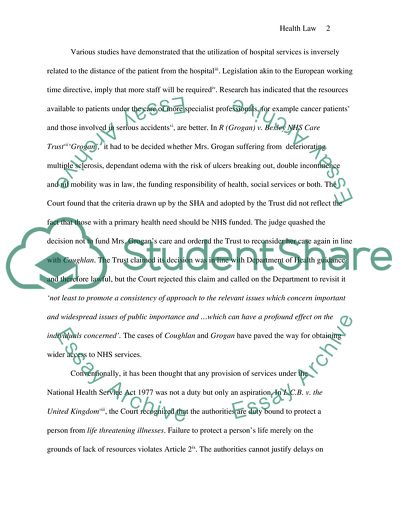Cite this document
(Legislation for Healthcare Essay Example | Topics and Well Written Essays - 2000 words, n.d.)
Legislation for Healthcare Essay Example | Topics and Well Written Essays - 2000 words. https://studentshare.org/law/1704395-health-law
Legislation for Healthcare Essay Example | Topics and Well Written Essays - 2000 words. https://studentshare.org/law/1704395-health-law
(Legislation for Healthcare Essay Example | Topics and Well Written Essays - 2000 Words)
Legislation for Healthcare Essay Example | Topics and Well Written Essays - 2000 Words. https://studentshare.org/law/1704395-health-law.
Legislation for Healthcare Essay Example | Topics and Well Written Essays - 2000 Words. https://studentshare.org/law/1704395-health-law.
“Legislation for Healthcare Essay Example | Topics and Well Written Essays - 2000 Words”. https://studentshare.org/law/1704395-health-law.


